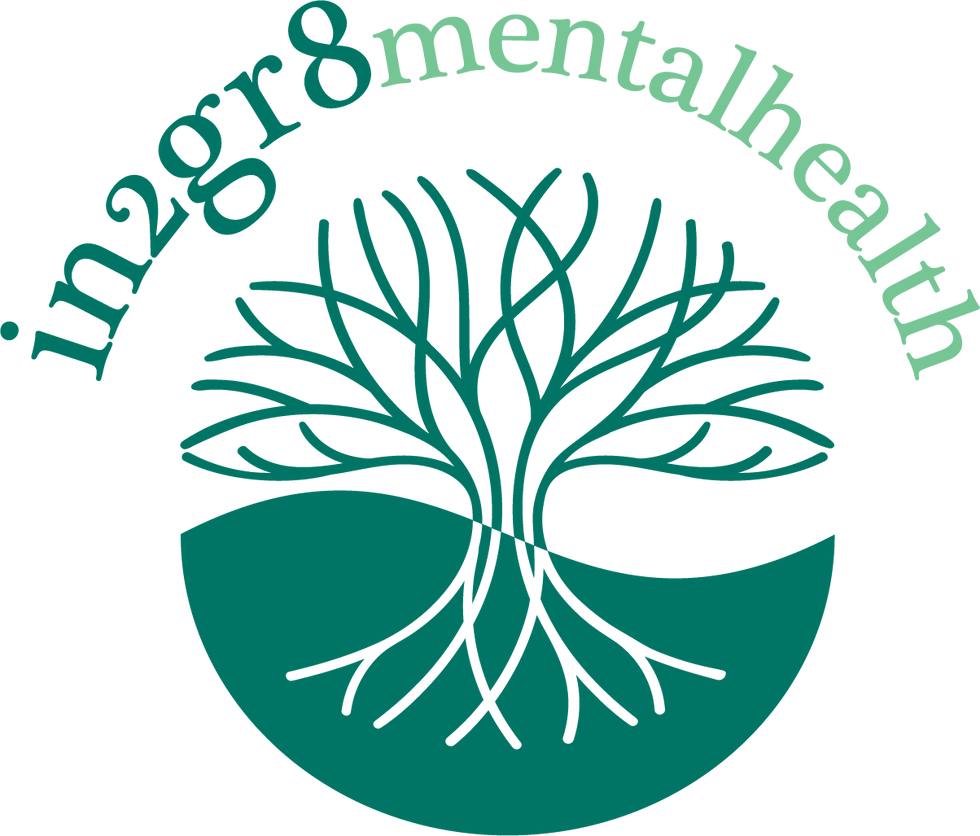APA Call for Papers: Mental Health Professionals With Lived Experience of Mental Illness
- Dr Natalie Kemp

- Dec 18, 2018
- 3 min read

May 1st people - get 'em in!😃
"Sometimes referred to as "prosumers", this group of providers is uniquely positioned to fight stigma"
Some of the other language is very 'psychiatric' and also queries if they haven't already taken into account service user perspective... so members and other registered professionals with lived experience, write your perspective!
Details quoted below directly from the original ARTICLE
Call for Papers: Mental Health Professionals With Lived Experience of Mental Illness Submission Deadline: May 1, 2019 Psychological Services invites manuscripts for a special section on licensed mental health professionals who have a lived experience of mental illness (including addiction) that will be edited by Guest Editor Dr. Jennifer Boyd, with Associate Editor Dr. Femina Varghese. Sometimes referred to as "prosumers", this group of providers is uniquely positioned to fight stigma and promote the mental health recovery model by serving as examples and by providing a consumer perspective throughout our field. Similarly, professionals who have immediate family members with mental illness can also provide an important personal perspective. Overall, personal experience with psychiatric disability is an important but often invisible identity factor. This is an aspect of diversity and inclusion that is particularly relevant in the mental health workplace. The current published literature about mental health workers with lived experience is mostly limited to scattered first-person accounts. Empirical work is mainly focused on peer specialists, who are expected to disclose, and thus different from licensed professionals who can choose whether or not to disclose. Qualitative, quantitative, and mixed-methods studies, as well as systematic reviews, empirically-informed consensus statements, theoretical papers, meta-analyses, and first-person accounts are all welcomed. First-person accounts should be limited to 3–5 double-spaced manuscript pages including any references. The field would be enriched by papers on topics including, but not limited to: Prevalence of prosumers in the public service mental health workplace (e.g., related measurement issues; progress on federal or other official targets for percentages of staff with psychiatric disabilities at all pay grades and/or career stages)
Best practices for training, recruiting, hiring, managing, and/or retaining prosumers in the mental health workplace (e.g., features of a welcoming organizational climate; culture change; effective accommodations; personal therapy requirements for trainees)
Partnering with peer specialists to achieve desired outcomes
Appropriate boundaries under the recovery model (e.g., the effect of disclosure to patients on therapeutic alliance and clinical outcomes)
Stigma and discrimination targeting this group, including causal factors (e.g., the clinician's illusion; culture of nondisclosure) and stigma-reduction strategies
Impaired professionals, burnout, secondary trauma, and how to regain wellness and productivity.
Parallels with and lessons learned from other invisible identities such as LGBTQQIA (lesbian, gay, bisexual, transgender, queer, questioning, intersex, or asexual); intersectionality; resilience.
First-person accounts, narratives, or statements from individual or multiple prosumers, in the context of authors' professional activities in psychology (these should be 3–5 double-spaced manuscript pages including references), from any developmental stage (student, early career, mid-career, late career, and retirement)
Mental health professionals who have immediate family members with mental illness, or who treat patients who have the same condition that the professionals themselves or their family members have experienced.
APA Division 18 (Psychologists in Public Service) welcomes manuscripts related to these areas including, but not limited to, work being conducted in the following domains: Police and public safety settings
Criminal justice settings including courts, prisons, and prison reentry programs
Educational systems at all levels
Hospitals and community clinics
Indian Health Service
Department of Veterans Affairs




Comments